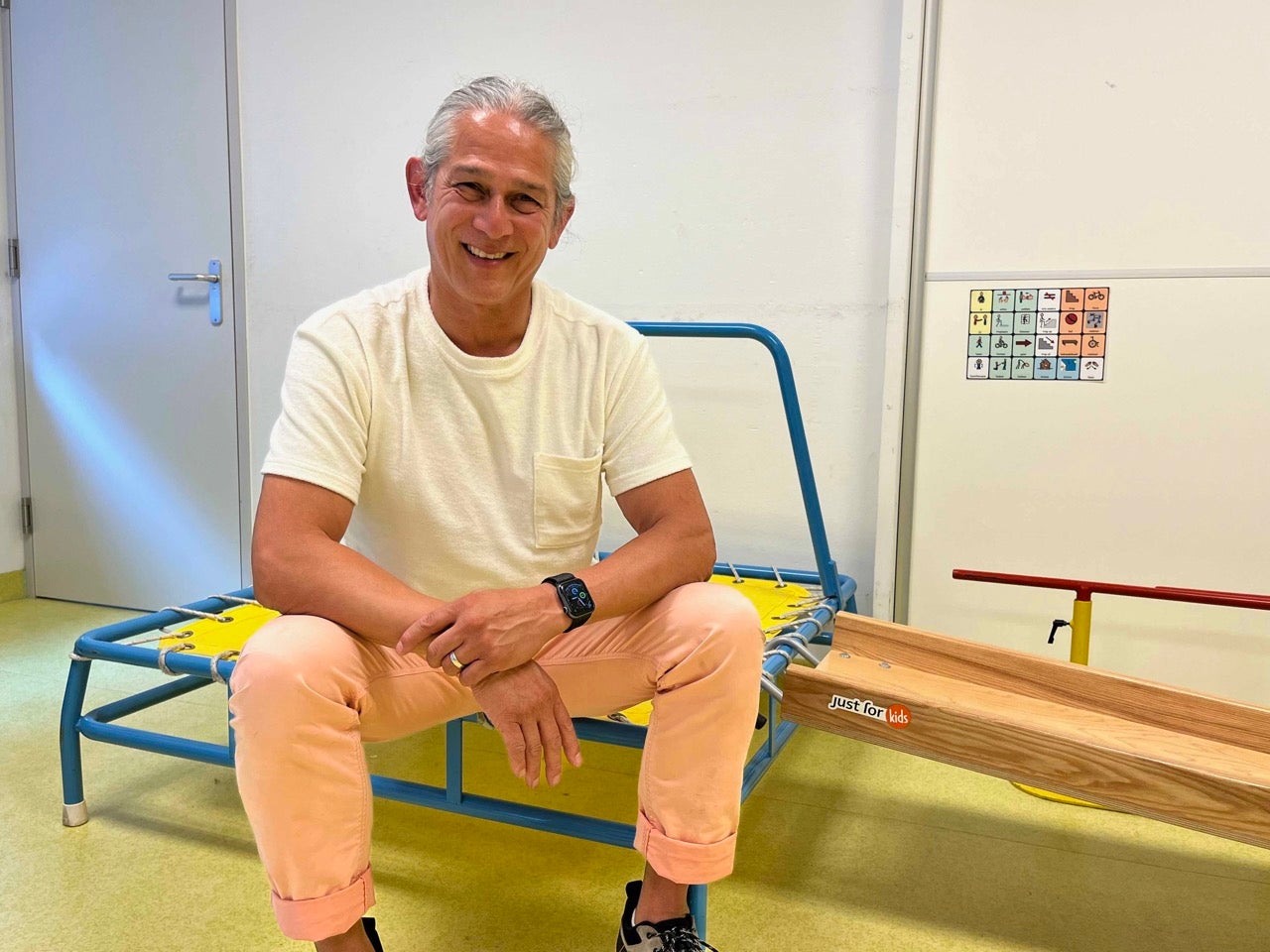Most parents want not ãselfã but ãtogetherã: Research shows what parents and professionals consider important in the care of children with a chronic condition
If we support parents of children with a chronic condition more effectively in organizing care, this could contribute to greater well-being, less stress in families, and a more sustainable healthcare system. This is shown by research from pediatric physiotherapist and educationalist Ruud Wong Chung. Together with parents and child healthcare professionals, he developed practical tools to improve collaboration and empower parents for more autonomyã as it belongs.
In his study, Wong Chung looked at the experiences, views, and needs of both parents and healthcare professionals regarding self-management ã in other words, how parents themselves (or together with professionals) organize the care for their child. He explored whether self-management is self-evident, or whether it requires more coordination and support.
Not ãselfã but ãtogetherã-management
Both parents and professionals see self-management as important, but often define it differently. Many parents experience the term self-management as one-sided; they prefer to speak of together-management, where they are supported and coached by involved professionals. Especially during stressful periods, parents need extra support. They want to be taken seriously, to be trusted, and to be able to communicate openly.
Professionals, in turn, do want to support parents, but sometimes struggle to find the right balance between being in control and letting go. They also emphasize that good communication and mutual trust are essential, but admit that they sometimes lack the skills to truly coach parents effectively.
What is needed?
According to Wong Chung, healthcare professionals must learn to better align with the unique situation of each parent ã which also changes over time. This requires:
- Active listening and empathy
- Asking focused questions
- Giving and receiving constructive feedback
- Reflecting on their own values, assumptions, and expectations
To support professionals in this, Wong Chung developed two practical tools:
- The S-scan - Parental self-management Support
A self-reflection tool that allows professionals to examine their own vision, attitude, and behavior regarding support for parental self-management. - An interactive media platform
A digital tool that facilitates communication between parents and professionals, for example through videos or photos of daily care situations.
Why supporting parents matters
Parents caring for a child with a chronic condition experience a major impact on their family life. As a society, it is essential that we support these parents in their role, so they can take ownership themselves. This requires close collaboration with healthcare professionals who have the appropriate tools and skills. Wong Chungãs research provides valuable guidance to achieve this.
More information on the
